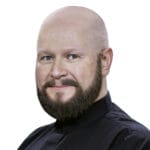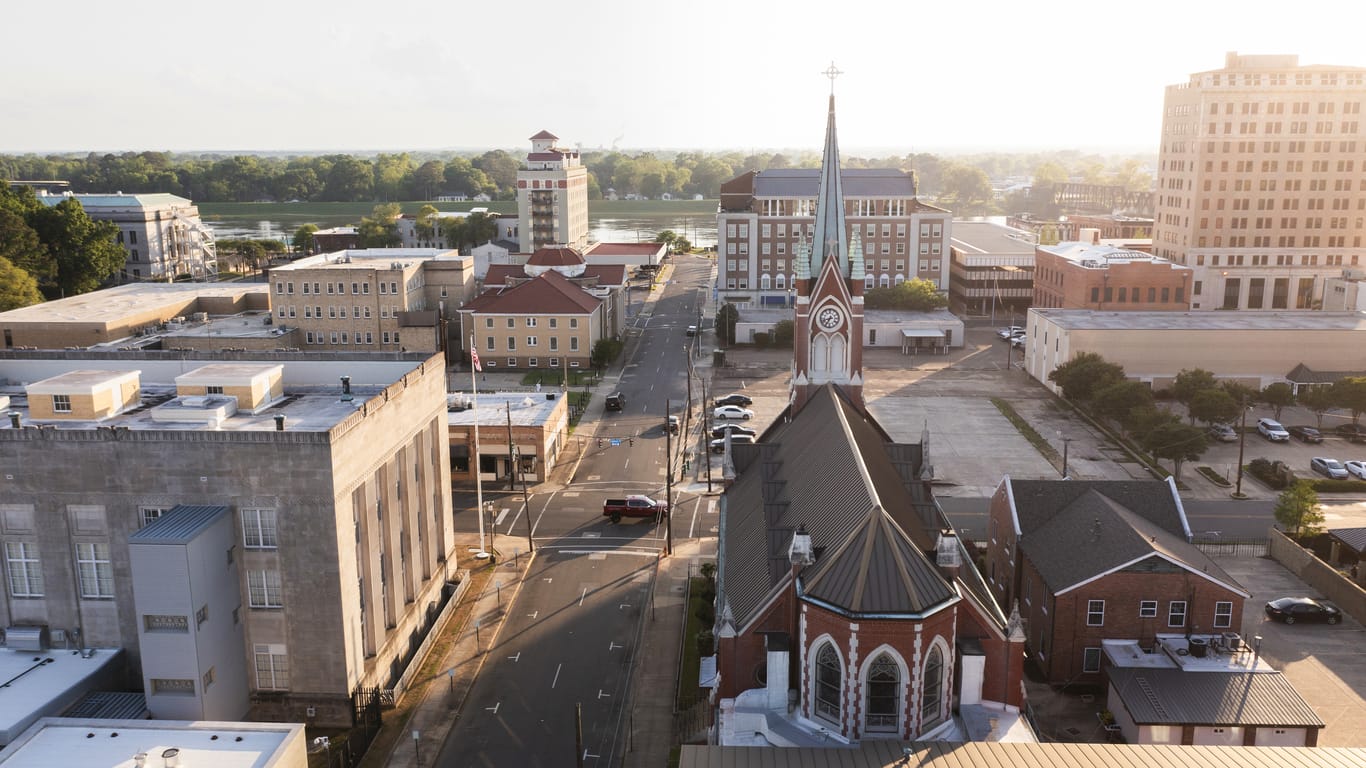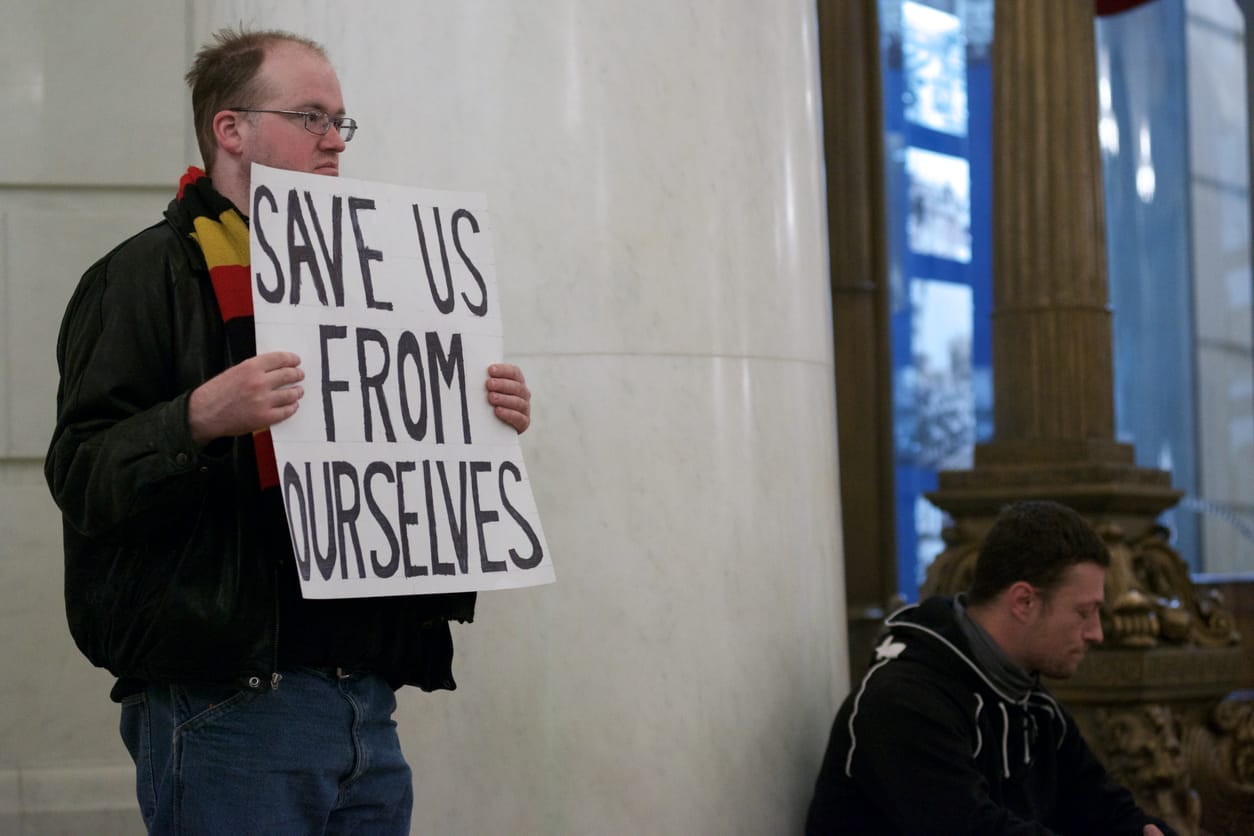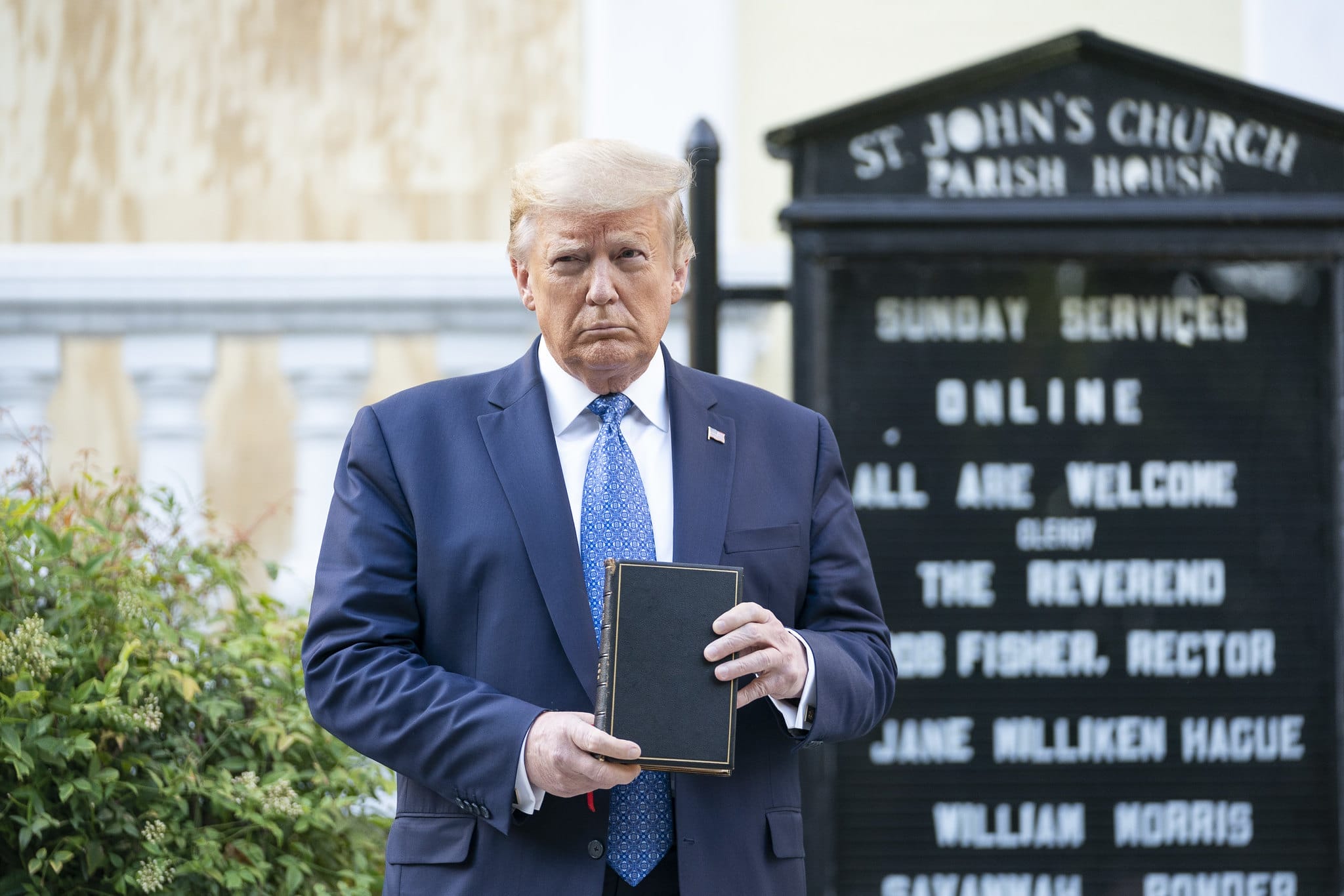State religious liberty: its Constitutional and Patristic roots

“Paradise and Hell, life and death, the salvation and damnation of souls, lies in your hands,” wrote a luminous Eastern saint in an instruction manual for priests blessed to hear confessions. After St. Nikodemos the Hagiorite (d. 1809) patiently guided clergy through the science of healing souls, he strictly charged them “to keep the sins you hear a secret and to never reveal them” by word, “bodily gesture, or by any other sign, even if you are in danger of death.” Indiscreet priests will bear the eternal consequences of discouraging penitent Christians from availing themselves of the sacrament. Lest spiritual considerations prove insufficient, he reminded them that breaking the seal of confession would also result in suspension or deposition from the priesthood and, “according to political laws, you will be thrown in jail for the rest of your life and have your tongue cut out.”
Whatever else may be said, in his day, rulers reinforced religious precepts. In ours, secularists wield the law to loosen priests’ tongues. Washington’s SB 5375, signed by Gov. Bob Ferguson (D) this May, punishes clergy who refuse to report acts of child abuse or neglect revealed during sacramental confessions with up to “364 days in jail, a $5,000 fine and potential civil liability,” according to The Olympian.
Barely two centuries after his repose, St. Nikodemos’ spiritual children could keep his counsel only by retaining counsel of their own. My own church hierarchy, aided by the Alliance Defending Freedom (ADF), sued and won an injunction against this discriminatory statute. “The Orthodox Church in America was compelled to file this suit to uphold religious freedom and to ensure that Orthodox priests are not forced to choose between obeying the law and remaining faithful to the Holy Tradition of the Orthodox Church,” said the OCA’s press release.
Orthodoxy’s unique sensitivity to religious freedom emerges from 13 centuries of persecution: the dhimmitude of second-class citizenship under imperialist Islam, punctuated by periodic slaughters from Western Crusaders and capstoned by seven decades of repression from militant, Marxist atheism. These painful memories stirred during the COVID-19 outbreak of 2020, when California banned singing hymns. Since singing can project particles farther than six feet, the California Department of Public Health decreed that beginning July 1, “[p]laces of worship must therefore discontinue singing and chanting activities.” That effectively curtailed celebration of the Divine Liturgy, in which the faithful continually chant Psalms, spiritual songs, and litany responses to ancient melodies.
In a public letter to Gov. Gavin Newsom (D), Russian Orthodox Archbishop Kyrill of San Francisco denounced the decision to allow Black Lives Matter riots, “at which absolutely all precautions are violated with impunity” while forbidding “liturgical singing performed during the Divine Services and while observing all of the rules.” Such politically biased enforcement of justice amounts to “open discrimination, hypocrisy and the infringement of our religious rights, prompting us to recall the era of godless persecutions in the USSR,” he concluded. Just as Vladimir Lenin waited for the famine of 1921 – 1922 to fully suppress the Russian Orthodox Church, a century later Gov. Newsom appeared to subordinate Christians to BLM activists, who described themselves as “trained Marxists.” Such diktats may explain why California currently ranks 43rd in the Religious Liberty in the States report, a project of the Center for Religion, Culture & Democracy.
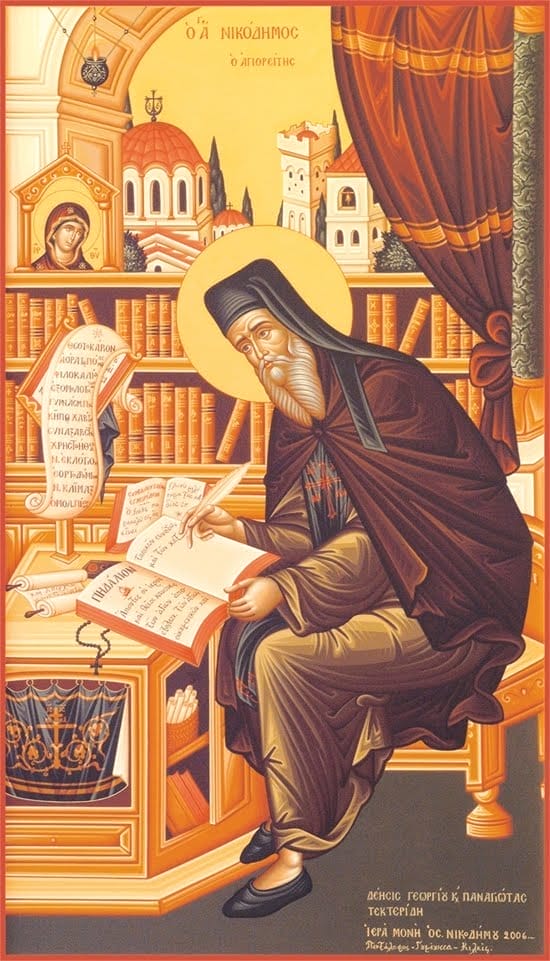
Ultimately, the legal process vindicated religious liberty all along the Left Coast. U.S. District Judge Rebecca Pennell, a Biden appointee endorsed by the left-leaning Alliance for Justice, enjoined Washington’s SB 5375 this July. Pending litigation caused California to rescind its singing ban before Christmas 2020. (The following February, the Supreme Court ruled against Newsom’s indoor church ban but upheld his singing prohibition.) Yet these legal victories show that leaders at every level of government must adopt strong religious protections—so that believers are not forced to seek relief in the courts at all. Our God-given liberties should never hinge on geography or the shifting whims of federal magistrates.
The Founding Fathers envisioned state governments not so much as “laboratories of democracy” but “different agents and trustees of the people,” safeguarding our unalienable rights and, when necessary, drawing up concerted “plans of resistance” against federal encroachments (Federalist No. 46). Positive state legislation can also play a role fending off constitutional breaches at the state level.
First, state laws may expose lawmakers who infringe upon their residents’ freedom of religion recklessly or with malign intent. After reviewing all 50 states’ codes, the OCA’s preliminary motion documented Washington as “the only state to retain the lay attorney-client privilege while knowingly and explicitly removing all privileges for clergy.” The ADF subsequently noted that the Supreme Court has ruled “‘when so many [states] offer an accommodation’ for religious exercise, an outlier state ‘must, at a minimum, offer persuasive reasons why it believes that it must take a different course.’”
State-by-state comparisons also uncover policymakers who violate the Religious Freedom Restoration Act and the lesser-known Religious Land Use and Institutionalized Persons Act (RLUIPA), both of which require that any restriction on religion employ the least burdensome means possible.“That so many other states have mandatory reporter laws that respect the confidentiality of confession shows that Washington, too, can ‘satisfy’ its ‘concerns through a means less restrictive,’” stated the ADF, citing Holt v. Hobbs.
However, the vision of each level of authority exercising its proper function resonates with the Orthodox Church for deeper reasons. Federalism’s collegiality accords with the Orthodox ethos of sobornost and conciliarity. Each Orthodox Church operates under the leadership of its own hierarch (usually a patriarch or archbishop) and auxiliary bishops who remain accountable to one another for the spiritual health of all churches under their jurisdiction. When the Church must speak as one, brother bishops gather in church councils.
Quasi-official Orthodox social teaching imposes its own form of “federalism,” which imperfectly parallels subsidiarity. Orthodox hierarchs maintain “dialogue” with civic leaders “on the[ir] respective level” of authority: National leaders consult with the patriarch, while regional governors speak with bishops and municipal authorities communicate with local parishes. The document imposes the same order on conversations with national vs. local media outlets.
Reticence to task government leaders with the top-down overhaul of society grows naturally from Orthodoxy’s focus on “the inner kingdom,” most clearly expressed in its lack of judgmentalism and its cultivation of discernment over our own thoughts and actions. “If you want to help the Church, it is better to try to correct yourself, rather than looking to correct others,” said St. Paisios of Mount Athos (d. 1994). “If you manage to correct yourself, one small part of the Church is immediately corrected. Naturally, if everyone did the same, the body of the Church would be in good health. But today, people concern themselves with anything but themselves. You see, judging others is easy, whereas working on yourself takes effort.”
The only truly global government — the kingdom of God, which Jesus said is “within you” (St. Luke 17:21) — operates at the lowest of all levels: the individual soul. In the divine economy of free will, millions of individual decisions made independently mysteriously join “fire, hail, snow, ice, stormy winds which fulfill His word” (Psalm 148:8). Whether in Church or state, self-governance yielded to God is the highest governance of all.
V. Rev. Benjamin Johnson is an Eastern Orthodox priest with more than two decades of experience as a conservative editor, commentator, and radio talk show host. His views are his own.
